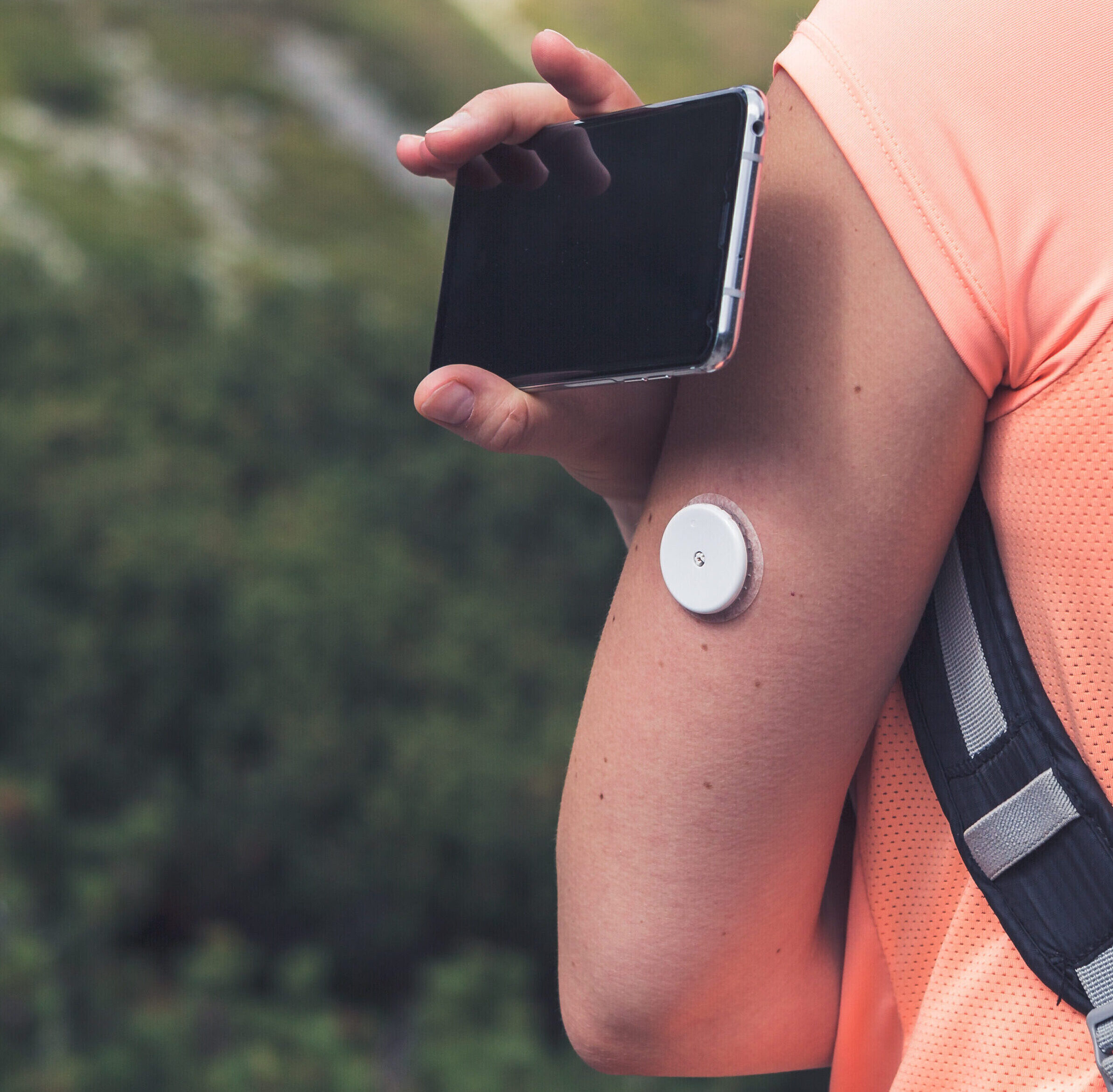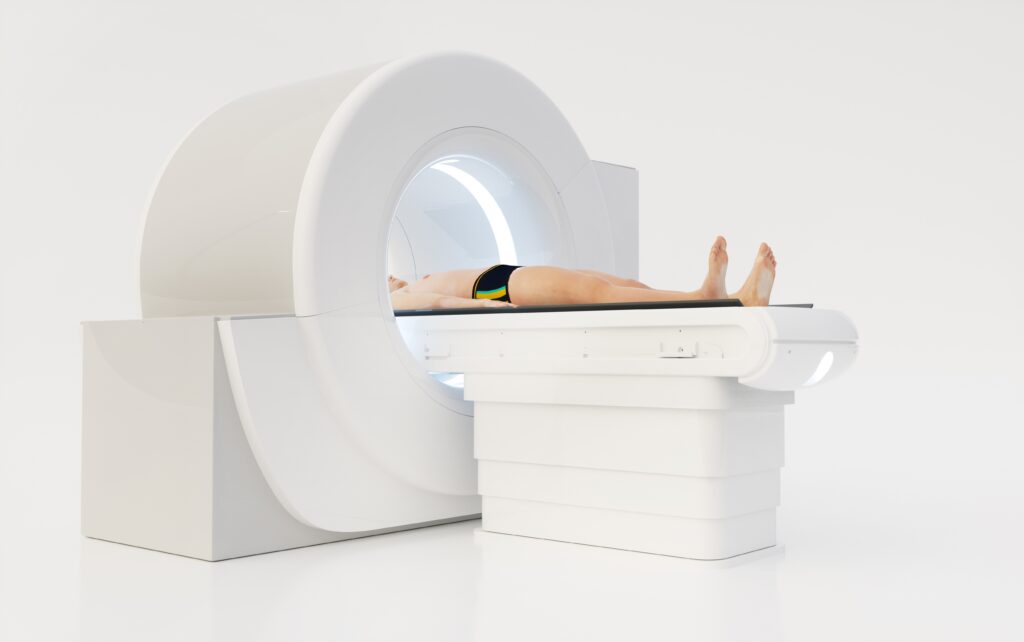Glucose Control is Important for Your Health Aetas Protocols
Glucose, commonly referred to as blood sugar, is a vital component for the body’s optimal functioning. However, it can become detrimental when its levels fluctuate significantly or rise to excessive levels. Managing glucose is essential for everyone, whether diabetic or not, as maintaining a consistently low baseline glucose level is important. This can be accomplished by gaining a deeper understanding of how the body regulates glucose. In this article, we will delve into the importance of glucose management, explore methods for monitoring glucose levels, and discuss strategies for preventing the consequences of elevated glucose levels.
What is Glucose?
Glucose serves as the essential fuel for our body, powering its vital functions. It plays a critical role in maintaining optimal health. Our glucose levels vary throughout the day due to meals and physical activity. When we consume carbohydrate-rich foods, they are converted into glucose, leading to an increase in our glucose levels, providing us with more energy. Over time, sustained high glucose levels can cause significant harm to the body. High glucose levels and insulin resistance are today recognized as one of the primary contributing factors to virtually all chronic diseases. If you aim to extend your lifespan and avoid illness, it is important to maintain low glucose levels and prevent major fluctuations. Your body regulates glucose levels through the hormones insulin and glucagon, which are influenced by your food intake, sleep, and physical activity.
Insulin is released when our pancreatic beta cells (β-cells) detect an increase in glucose levels. This hormone plays a vital role in reducing glucose levels by promoting the uptake and storage of excess glucose.
When our glucose level drops, the hormone glucagon is released. It triggers liver cells to generate new glucose from proteins and glycerol (fat) as energy sources. This ensures a sufficient supply of glucose to meet the body’s energy demands.
Understanding these regulatory mechanisms is critical for achieving and maintaining optimal glucose levels. Glucose control is a valuable tool for assessing how well your body manages high glucose levels, enabling you to maintain a stable glucose baseline and prevent extreme fluctuations that can have tremendous impact on your health.
The Perils of Elevated Glucose Levels
High and frequent fluctuations in glucose levels increase the risk of insulin resistance and harm to your body. Insulin resistance occurs when your body’s cells fail to respond effectively to insulin’s signals. As a result, glucose struggles to enter cells and convert into energy, leading to heightened glucose levels in your bloodstream. While insulin resistance has long been associated with type 2 diabetes, recent discoveries reveal its important role in the development of several other serious conditions, including cardiovascular diseases, neurodegenerative diseases, and cancer1,Janssen, J. a. M. J. L. (2021). Hyperinsulinemia and its pivotal role in aging, obesity, type 2 diabetes, cardiovascular disease and cancer. International Journal of Molecular Sciences, 22(15), 7797. 2Freeman, A. M., & Pennings, N. (2022). Insulin Resistance. In StatPearls. StatPearls Publishing..
Elevated glucose levels and insulin resistance can also trigger an inflammatory response in the body. Inflammation is typically a health-protective mechanism, but when it becomes chronic, it can cause damage to tissues and organs. Insulin resistance can exacerbate inflammation by increasing the release of inflammatory signaling molecules in the body. Conversely, chronic inflammation can also contribute to insulin resistance by affecting insulin’s function. The signs of chronic inflammation are often ‘invisible’ as they are scattered throughout the body and challenging to pinpoint. To prevent chronic inflammation in the body, it is therefore important to maintain a low glucose baseline. If you are unsure whether you are suffering from chronic inflammation, a suPAR Longevity test can measure the level of inflammation in your body. A high suPAR score indicates the presence of a serious underlying condition, but it also provides a valuable opportunity to identify the cause early and thus guide disease prevention.
Fascinating studies have revealed that individuals who surpass the remarkable milestone of a century (centenarians) often maintain a low glucose baseline3Ji, S. H., Dong, C., Chen, R., Shen, C. C., Xiao, J., Gu, Y. J., & Gao, J. L. (2022). Effects of Variability in Glycemic Indices on Longevity in Chinese Centenarians. Frontiers in nutrition, 9, 955101.. Studies like this has helped prioritising glucose control as a pivotal factor in the pursuit of longevity.

“Many people are aware that their blood glucose level is critical for everything from fat loss to muscle gain to healthy cognition and, indeed, aging of the brain and body. Most people do not know, however, how different foods and different activities, including exercise or different temperature environments impact their blood glucose levels, and yet blood glucose is exquisitely sensitive to all of those things.”
Dr. Andrew D. Huberman
Neuroscientist and professor of neurobiology and ophthalmology at Stanford School of Medicine
Are You at Risk of Prediabetes?
It is estimated that more than 290,000 Danes are living with prediabetes4Diabetes, V. F. (n.d.). Prædiabetes. Videncenter for Diabetes.. Prediabetes occurs when your glucose levels are higher than normal but not yet at diabetic levels. It’s a warning sign that your body’s glucose processing is not as efficient as it should be. Prediabetes demands just as much attention as diabetes, as it silently inflicts damage on vital organs like the heart, blood vessels, and kidneys.
Research today reveals a connection between prediabetes and Alzheimer’s disease, as insulin resistance and elevated glucose levels can contribute to the accumulation of amyloid plaques in the brain, a characteristic feature of Alzheimer’s5Kellar, D., & Craft, S. (2020b). Brain insulin resistance in Alzheimer’s disease and related disorders: mechanisms and therapeutic approaches. Lancet Neurology, 19(9), 758–766.. Moreover, a key gene variant, APOE4, found in more than half of Alzheimer’s cases, disrupts crucial brain insulin processing6Zhao, N., Liu, C. C., Van Ingelgom, A. J., Martens, Y. A., Linares, C., Knight, J., Painter, M. M., Sullivan, P. F., & Bu, G. (2017). Apolipoprotein E4 Impairs Neuronal Insulin Signaling by Trapping Insulin Receptor in the Endosomes. Neuron, 96(1), 115-129.e5.. Although the cause of Alzheimer’s is still unknown, insulin resistance is suspected to be a driving factor, leading to Alzheimer’s being referred to as type 3 diabetes. This underscores the urgency of maintaining stable glucose levels to avoid insulin resistance.
Despite the potential consequences prediabetes can have on the body, it is not an inevitable path to diabetes. With the right lifestyle changes like embracing a healthy diet, staying physically active, avoiding smoking and obesity, and regular screenings, you can actually turn the tide7Tuso, P. (2014). Prediabetes and Lifestyle Modification: Time to Prevent a Preventable Disease. The Permanente Journal, 18(3), 88–93..
Optimal Glucose Levels
Achieving optimal glucose levels is influenced by various factors, including genetics, lifestyle, and potential predispositions. Therefore, it is important to always consult a healthcare professional beforehand.
The general recommended values for normal fasting glucose range between 3.9 mmol/L and 5.6 mmol/L. If, however, your levels reach 7 mmol/L or higher in multiple tests, it’s a clear signal of diabetes8Indicator Metadata Registry Details. (n.d.).. Conversely, too low glucose, known as hypoglycemia (below 3.9 mmol/L), may trigger symptoms like dizziness, perspiration, rapid heartbeat, and other symptoms that should be closely monitored9Mathew, P. (2022, December 26). Hypoglycemia. StatPearls – NCBI Bookshelf..
How to Monitor Your Glucose Levels
Traditionally, fasting glucose measurement and HbA1c (long-term glucose) serve as standard references for diagnosing diabetes patients. Now, you have the ability to monitor your glucose levels around the clock. This cutting-edge technology offers a hassle-free, precise, and comprehensive approach to tracking your glucose levels throughout the day. A tiny sensor, comfortably placed on your upper arm, measures interstitial glucose levels—the glucose present in the fluid between your cells. By using a CGM sensor, you gain insights into the stability of your glucose levels and how your body responds to various foods, physical activity, stress, and more. It provides a comprehensive picture of your glucose patterns, enabling the identification of potential fluctuations and imbalances.
At Aetas, we provide CGM sensors that can assist you in monitoring your glucose levels, giving you unique insight in how to maintain a healthy balance. In just 14 days of using the sensor, you’ll gain a comprehensive understanding of how your body reacts to various factors such as food, sleep, stress, and physical activity. For more information, you can book a free consultation with us here, or purchase the CGM sensor directly at the bottom of the page.

“For many people (…), when you start wearing CGM, it’s 90% “insight” and 10% behavioral. After a few months, the situation flips. You now have a good idea of what triggers the spikes (i.e., less insight), but it becomes a remarkable—in fact, it’s hands-down the best I’ve seen yet—accountability tool (i.e., more behavioral). It’s simultaneously a behavioral and analytical tool that can track and uncover strategies and tactics which can actually save an enormous amount of time and money by preventing bad outcomes in the future.”
Dr. Peter Attia
Physician and author of the book "Outlive: The Science & Art of Longevity"
How to Regulate Your Glucose Balance
To achieve optimal glucose control, you should adopt a multifaceted approach. Here are some key strategies:
A Balanced Diet
Eat a healthy diet consisting of adequate protein, healthy fats such as olive oil, walnuts, seeds, and plenty of vegetables. Additionally, avoid sugar and excessive carbohydrates, including pasta, rice, cereal, and orange juice10Jeong, Y., Lee, E., Park, Y. J., Kim, Y., Kwon, O., & Kim, Y. (2020). A Review of Recent Evidence from Meal-Based Diet Interventions and Clinical Biomarkers for Improvement of Glucose Regulation. Preventive nutrition and food science, 25(1), 9–24..
Research suggests that the order in which we consume our meals can optimize glucose response. Starting with vegetables and fiber, followed by fats and proteins, and ending with carbohydrates11Shukla, A. P., Iliescu, R. G., Thomas, C. E., & Aronne, L. J. (2015). Food Order Has a Significant Impact on Postprandial Glucose and Insulin Levels. Diabetes care, 38(7), e98–e99..
Regular Physical Activity
Regular exercise improves the body’s insulin sensitivity and enhances glucose utilization12Lin, Y., Fan, R., Hao, Z., Li, J., Yang, X., Zhang, Y., & Xia, Y. (2022). The association between physical activity and insulin level under different levels of lipid indices and serum uric acid. Frontiers in Physiology, 13.. It is recommended to consult with a healthcare professional to create a personalized exercise routine that suits your needs.
Stress Management
Stress hormones can adversely affect glucose levels. Implementing stress reduction techniques like deep breathing exercises, meditation, or therapy can help maintain stable glucose levels13Sharma, K., Akre, S., Chakole, S., & Wanjari, M. B. (2022). Stress-Induced Diabetes: A Review. Cureus, 14(9), e29142. .
Consistent Monitoring and Follow-up
Regular check-ups with healthcare professionals and continuous monitoring of glucose levels are crucial for a longer and healthier life. These appointments allow for discussions about concerns, adjustments to treatment plans, and valuable guidance14Weinstock, R. S., Aleppo, G., Bailey, T. L., Bergenstal, R. M., Fisher, W. E., Greenwood, D. A., & Young, L. A. (2020). The Role of Blood Glucose Monitoring in Diabetes Management. The Role of Blood Glucose Monitoring in Diabetes Management, 2020(3), 1–32..
Medication Adherence for Individuals with Diabetes
Strict adherence to prescribed medications, including insulin or oral antidiabetic drugs, is vital for individuals with diabetes. Following the prescribed medication regimen helps maintain optimal glucose control15Two popular diabetes drugs outperformed others in large clinical trial. (2022, September 21). National Institutes of Health (NIH)..
By consistently monitoring your glucose levels, understanding the risks associated with imbalances, and making suitable lifestyle adjustments, you can attain optimal glucose balance.
It is important to recognise that these guidelines are general in nature, and it is crucial to establish personalised goals based on your unique needs and medical history. At Aetas, we offer personalised support to help you set individualised goals for glucose control and create a customised treatment plan that aligns with your preferences and requirements.

KEY TAKEAWAY
Glucose monitoring is important for both diabetics and non-diabetics. By understanding how your body regulates glucose, you can maintain a low baseline and avoid the consequences of elevated levels and large fluctuations. Studies show that long-term fluctuations in glucose levels can have severe consequences for your health and even lead to serious diseases. Therefore, glucose is one of the keys to living a longer and healthier life.
Make your move
Optimise your health so that you live a longer and healthier life
Aetas is a clinic for precision medicine and molecular laboratory. We specialise in Longevity, evidence-based health optimization and preventive treatments.
Enquire Now








